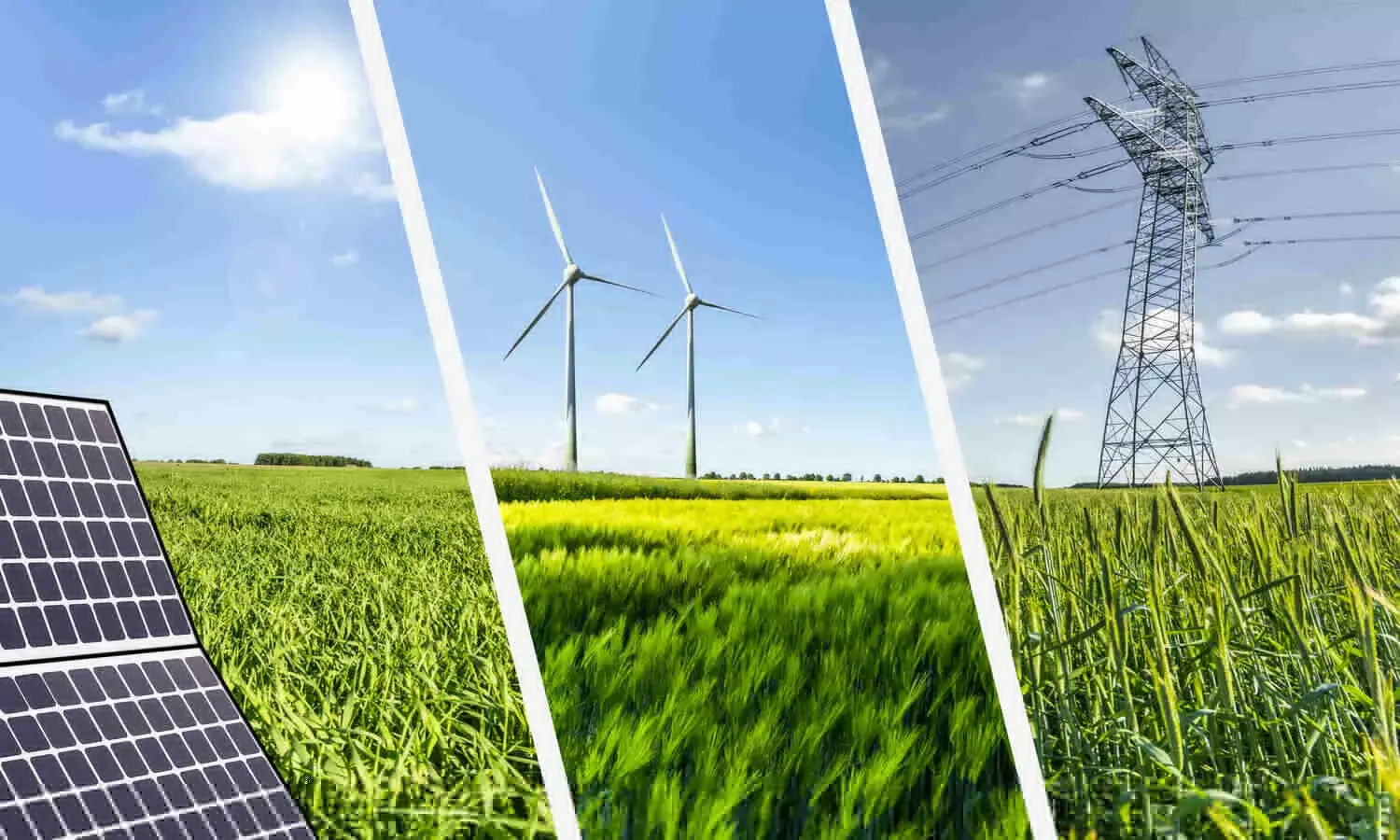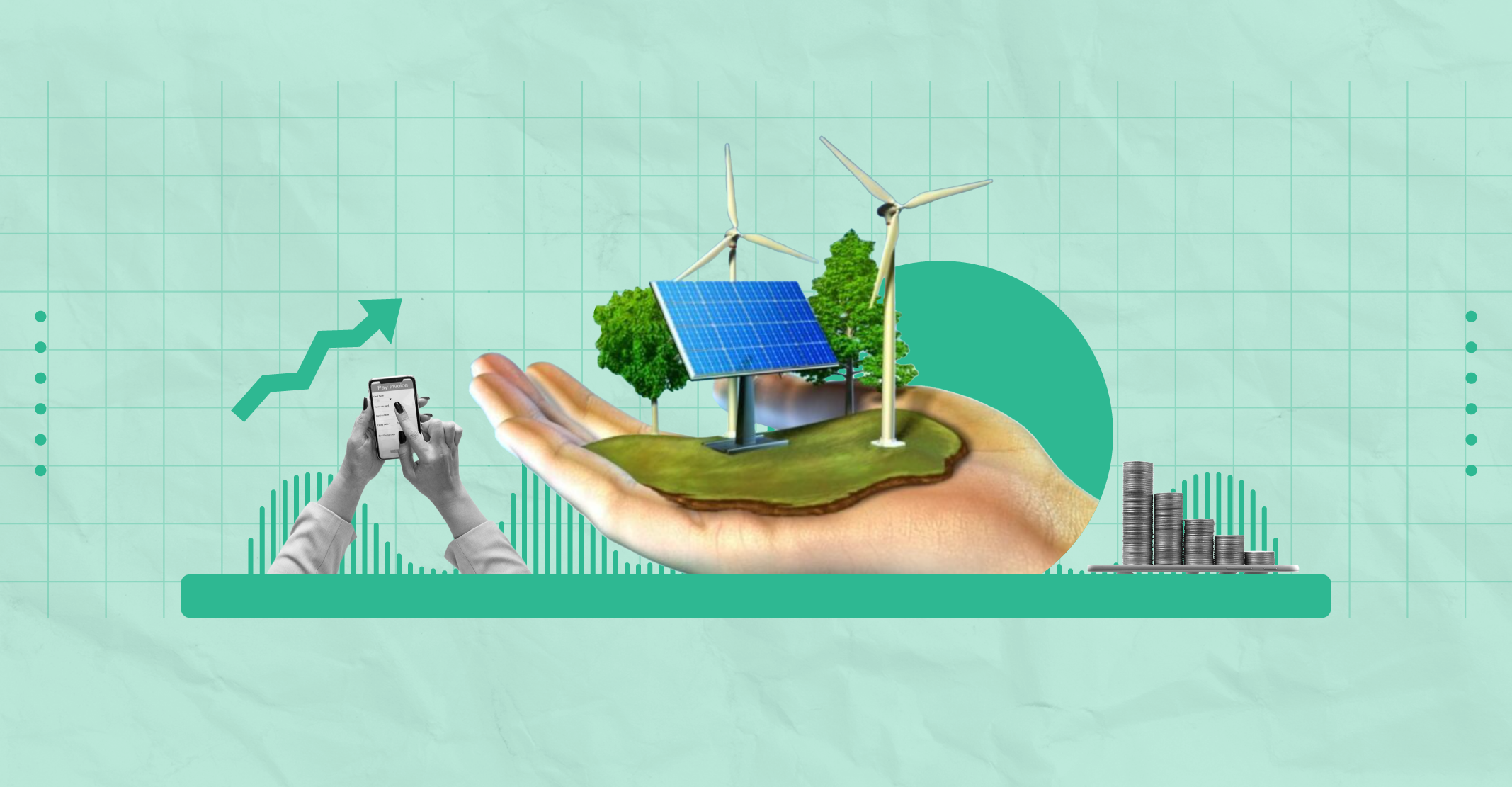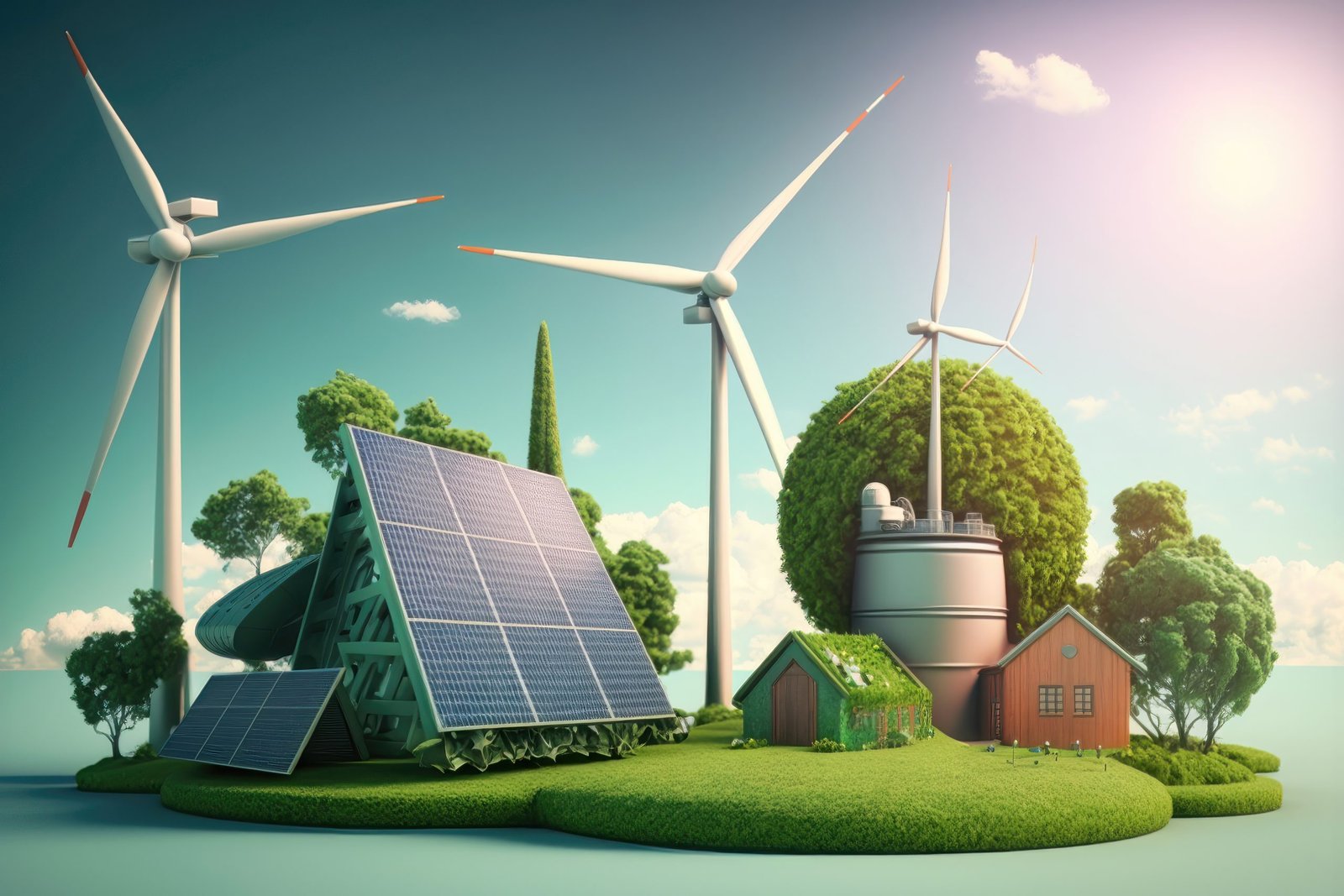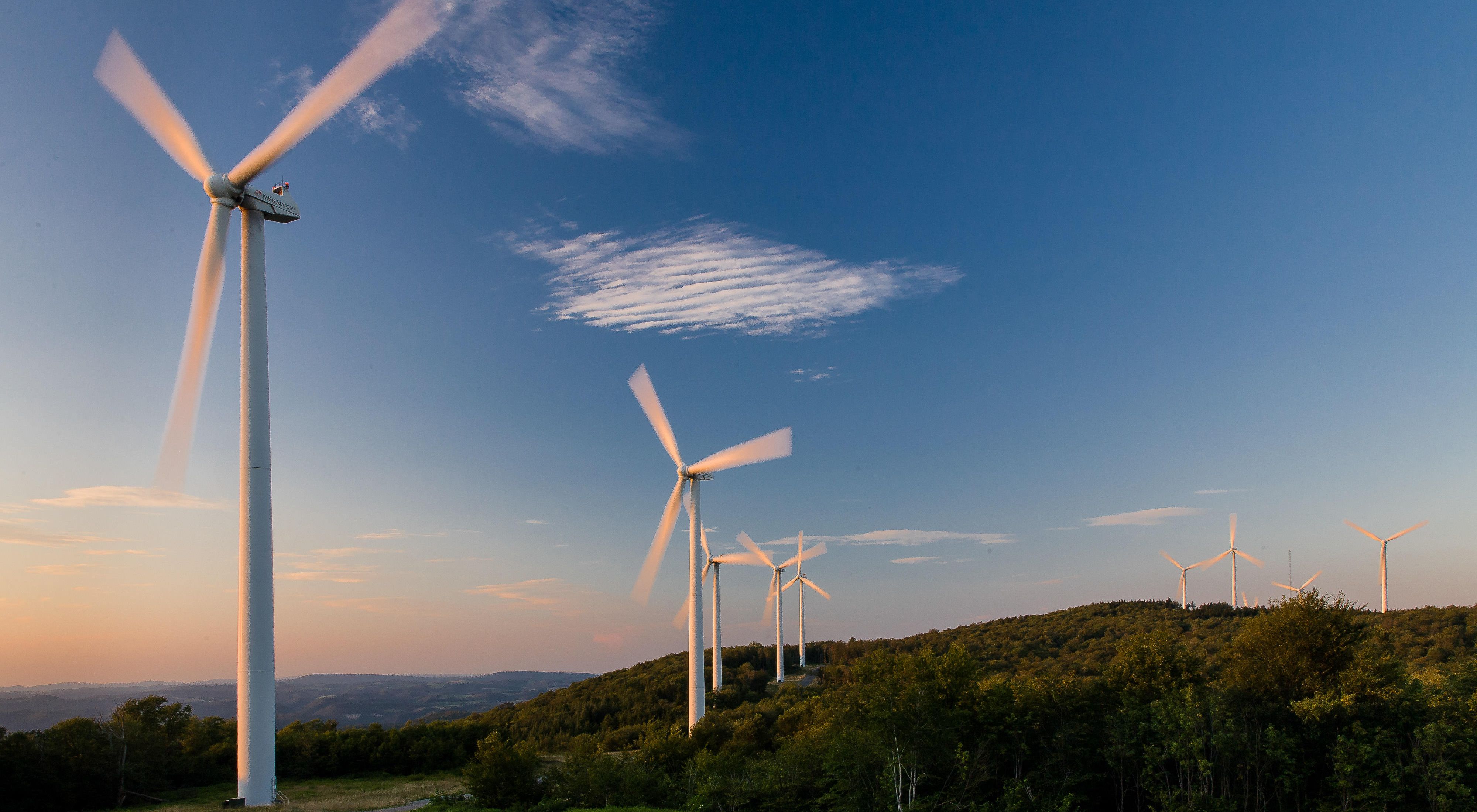GEAPP: Advancing India’s Green Energy Capacities through Acceleration and Policy 2023

GEAPP: Advancing India’s Green Energy Capacities through Acceleration and Policy 2023
By bringing together small and medium enterprises, the Global Energy Alliance for People and Planet (GEAPP), which works on energy access and transition in poor nations, is assisting Indian states in increasing their capacity for renewable energy.
According to GEAPP India Vice President Saurabh Kumar, “GEAPP is in the process of concluding the partnership with the Government of Odisha for the deployment of distributed renewable energy (DRE) in the state.

throughout order to facilitate the installation of 1,000 megawatt (MW) solar projects throughout the state of Maharashtra, GEAPP, an alliance of charitable groups, governments, development partners, and the commercial sector, is already active throughout the state.
In order to assist in the implementation of 500 MW of rooftop solar for small and medium-sized businesses (SMEs) and 500 MW of ground-mounted decentralised solar under the PM-KUSUM initiative, GEAPP is working with Mahatma Phule Renewable Energy and Infrastructure Technology Ltd (MAHAPREIT).
A cluster-led SME solarization effort with a goal of 500 MW of decentralised solar is what MAHAPREIT and GEAPP intend to start. For the initial stage of the plan, Sangli, Nasik, Ichakranji, and Kolhapur have been chosen as the target districts.
Discussions have begun with regional MSME associations. If the first phase is successful, the scheme will be expanded to include other Maharashtra districts.
By supporting India’s start-up network to overcome important clean energy bottlenecks, creating a resource hub for energy efficiency that would enable a global scale-up, and digitising the grid, GEAPP aims to complement the government’s climate ambitions in that country.

In addition to promoting climate finance, GEAPP’s priorities in India include assisting India’s long-term low emissions growth strategy in line with the 2070 net-zero commitments, facilitating low carbon transition pathways in significant economic sectors like the Indian Railway to assist in meeting their 2030 commitments, and promoting innovation in clean energy operations.
The Green Energy Acceleration and Policy Program (GEAPP) has emerged as a cornerstone in India’s ambitious strategy to increase its renewable energy capacities. Designed to assist states in accelerating the adoption of renewable sources like solar, wind, hydro, and geothermal energy, GEAPP focuses on bridging policy gaps, driving investment, and enabling effective partnerships between public and private sectors. This article aims to delve deep into the ways GEAPP is helping Indian states build green energy capacities, the challenges encountered, and the prospects for the future.
One of the core missions of GEAPP is to standardize renewable energy policies across states. It assists in creating guidelines that address common challenges, such as land acquisition, power purchase agreements, and grid integration, thus facilitating a more straightforward pathway for renewable energy projects.
Human resources are a critical factor in scaling up renewable energy infrastructure. GEAPP includes comprehensive training programs for officials and workforce engaged in energy sectors across states, imparting skills that range from project management to specialized technical know-how.
Through a blend of grants, low-interest loans, and financial incentives, GEAPP aids states in implementing renewable energy projects. It also facilitates relationships with international bodies and private investors interested in contributing to India’s green energy sphere.

GEAPP aims to advance the adoption of cutting-edge renewable technologies, from improved photovoltaic cells to efficient wind turbines. Research collaboration between academic institutions, research bodies, and industry players is encouraged to catalyze innovation.
Gujarat leveraged GEAPP to develop one of Asia’s largest solar parks. The program provided policy insights, funding avenues, and helped establish a robust grid system to manage the generated energy.
Karnataka utilized the financial models and human resource training offered by GEAPP to become one of India’s leading states in wind energy production.
Situated in the Himalayan region, Uttarakhand is naturally poised for hydroelectric power generation. GEAPP has helped the state in formulating policies that are ecologically sensitive while facilitating hydroelectric projects.
While GEAPP has made significant strides, challenges remain:
- Inter-state coordination and centralized regulation still pose challenges.
- The pace of technological innovation must match the speed of policy implementations.
- Long-term financial viability is essential to keep the projects running.

With the Paris Agreement targets looming, India’s push for renewable energy is more urgent than ever. GEAPP is evolving to include more actionable strategies like:
- To manage fluctuating renewable energy outputs.
- To raise awareness and create more decentralized renewable energy projects.
- To make renewable energy more competitive with traditional energy sources.

GEAPP has been instrumental in bolstering India’s green energy capacities, ensuring that states have the necessary tools, both policy-wise and financially, to transition to a cleaner, more sustainable future. As India aims to achieve its ambitious renewable energy targets, the role of initiatives like GEAPP will remain pivotal, navigating through challenges and setting the pace for a greener tomorrow.




